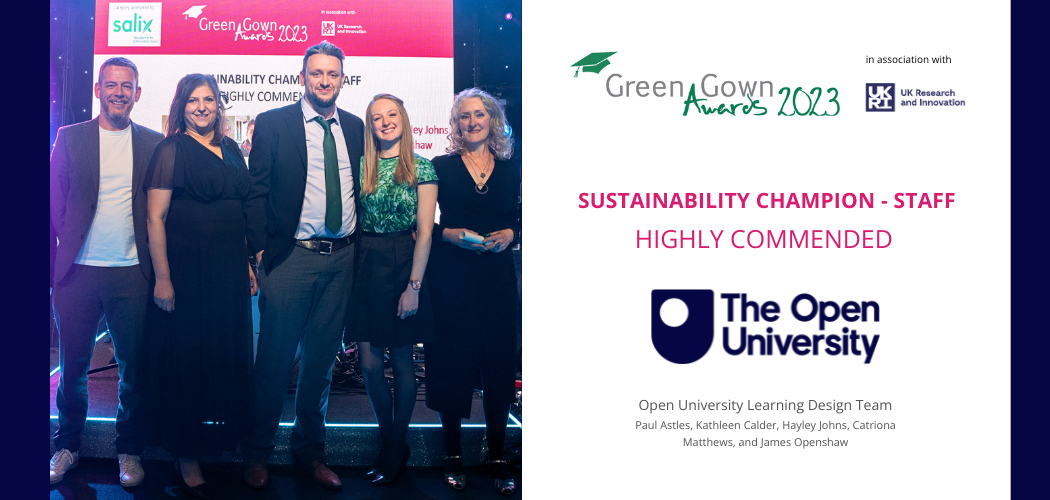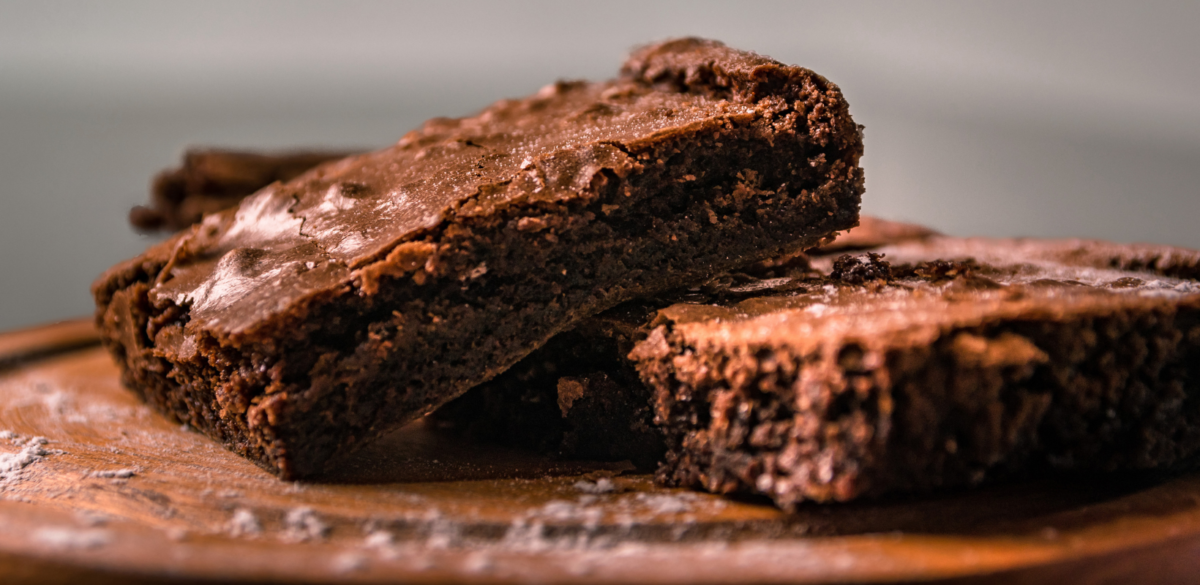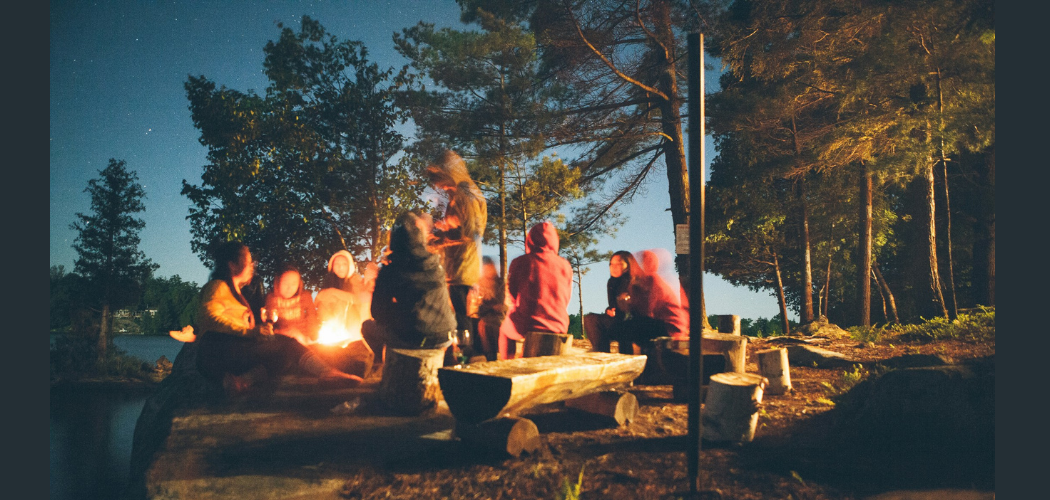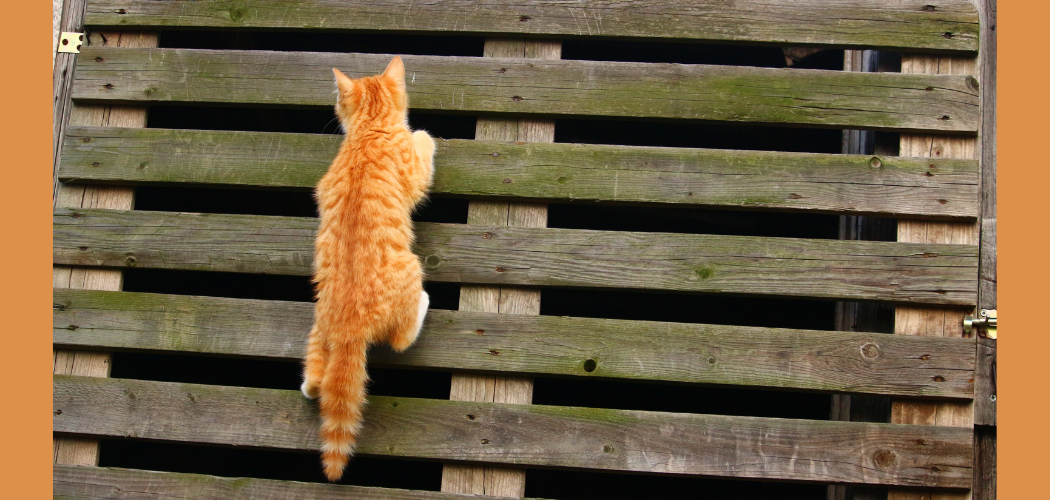-
How do online students use digital technologies to manage their emotions?

Jake Hilliard ~ Learning Designer Have you ever put on a music playlist to help you focus on a task, or turned to YouTube for a quick break when you feel stressed or overwhelmed? For many online learners, these aren’t just habits, they’re strategies for managing emotions while studying. Last month I had the…
-
Inside the ICEBERG: How we updated the ICEBERG principles

Catriona Matthews, Jake Hilliard, and James Openshaw ~ Learning Designers Earlier this year, we proudly shared a blog post introducing the updated ICEBERG principles – a set of seven evidence-based learning design principles that positively impact student retention. Originally created in 2016, the principles were updated across 2023-2024 to reflect new research, student insights,…
-
Going for Green: Learning Design sustainability champions

Kathleen Calder, James Openshaw, Catriona Mattews, Hayley Johns, and Paul Astles ~ Learning Designers The Learning Design Sustainability Group at The Open University has been championing sustainability at the Open University in one way or another for some time now. The end of 2023 saw a wonderful celebration of that work at the Green Gown…
-
Beyond the “real world”: exploring authentic assessment design

Mary Simper ~ Learning Designer The Learning Design team at the OU has been exploring assessment practices, which has led to some rich discussions on accessibility, student choice, learning outcomes and authenticity. Discussions around authentic assessment have led us to think about how we can design assessments, well… more authentically! Let’s start with an analogy……
-
The power of celebration: An exploration of how the simple act of celebration can impact student outcomes and wellbeing.

Catriona Matthews, Clare Hill, James Openshaw ~ Learning Designers Here at The Open University, we annually recruit a panel of students called the Curriculum Design Student Panel. Students who volunteer for the panel take part in activities designed to gather their views on learning experiences and this feedback can be used to inform the early…
-
“It’s OK not to know!”: Professor John Hattie and the power of feedback

Hayley Johns ~ Learning Designer Feedback, according to Professor John Hattie, is ‘one of the most powerful notions we have’ in education – and also one of the most variable. Earlier this year, I joined an instalment of Phil Anthony’s award-winning Digitally Enhanced Education webinar series to learn more about how institutions around the…

